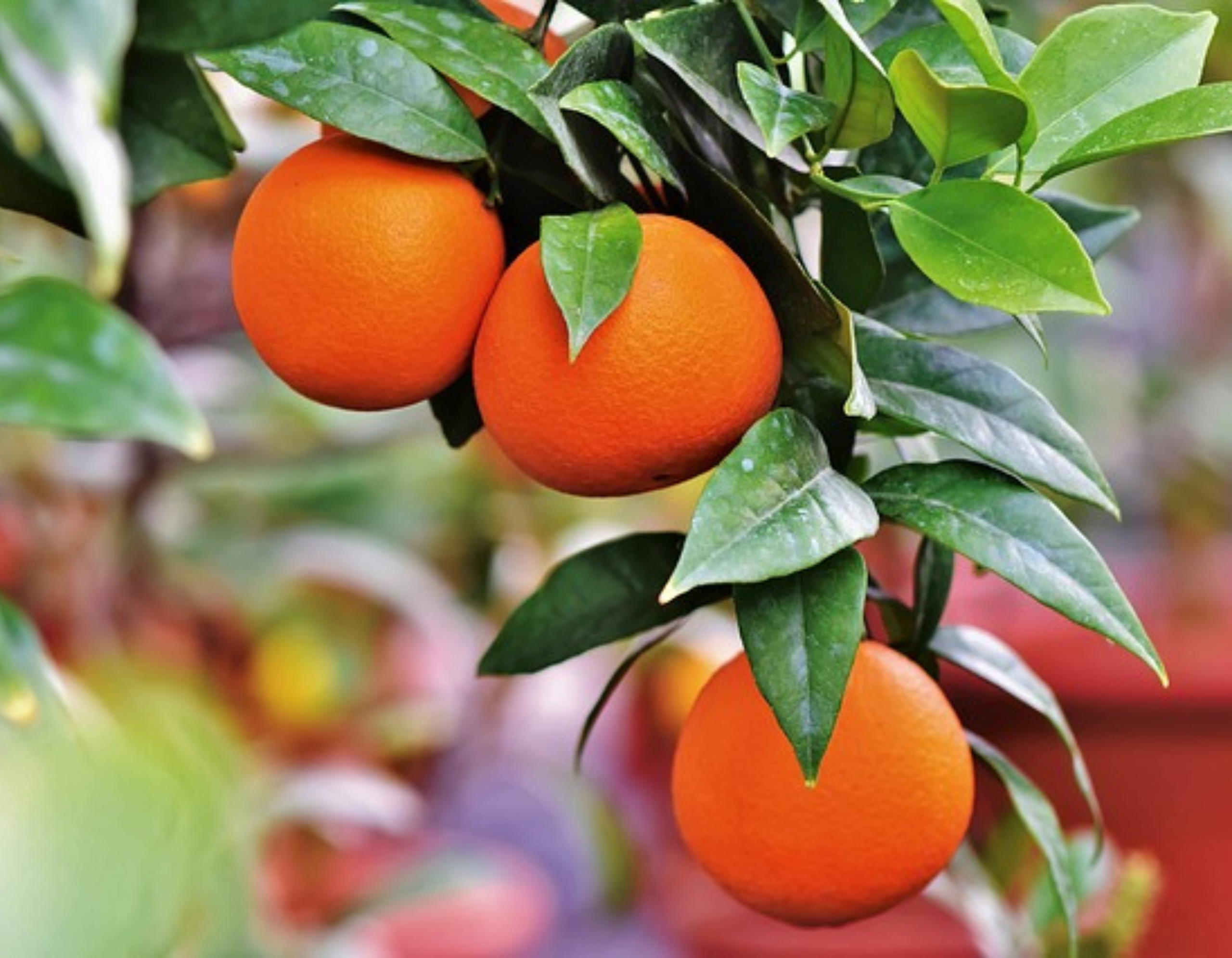
Why We Love Petitgrain
We love it when the same plant offers multiple scent notes. The bitter orange tree (Citrus aurantium amara) is responsible for three of our favourite aromas; Bitter Orange, Neroli and Petitgrain.
Its unmistakably French name means ‘small grain’ and harks back to when petitgrain was distilled from young oranges. In modern-day perfumery, the oil is extracted from twigs, branches and leaves. Petitgrain is a challenging ingredient to distil, much more so than, say, your ordinary limes or lemons, but it’s much more interesting and complex.
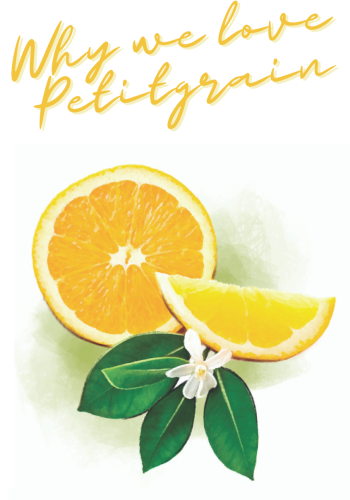
BENEFITS
Petitgrain delivers an uplifting atmosphere and spirited happiness that only citrus can. But it isn’t all about sheer joy — petitgrain is also a calming sedative for the nerves and works to ease tension, balance anger, impulsion and anxiety.
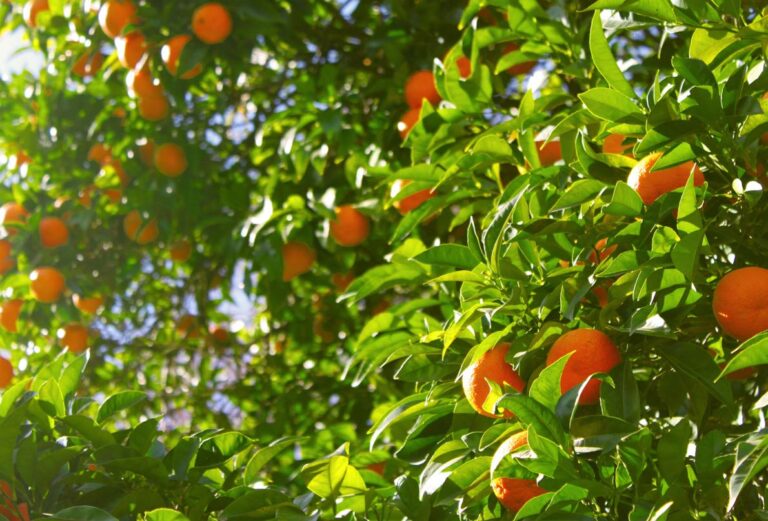
A MODERN PERFUME INGREDIENT
A magnificent green, bright scent with delightful orange accents and woody undertones, petitgrain has a similar fragrance to neroli, but it’s the slightly more earthy, ‘undone’ of the two. Bringing a touch of bitterness and a masculine edge, it lends itself well to cologne just as much as it does to perfume.
HOW WE USE IT
Petitgrain tells a scent story of energy and positivity. We embrace its refreshingly joyful spirit and calming influence in natural perfume and spatial scenting projects.
Petitgrain is heavenly when paired with other citrus notes such as; lime, orange, bergamot or lemongrass. We also love it alongside cedarwood, clary sage, lavender, geranium, jasmine, geranium, palmarosa, rosemary, sandalwood and ylang-ylang.
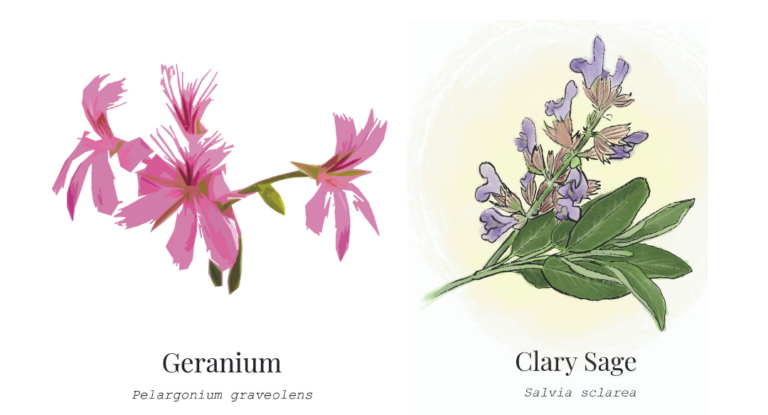
Want to learn more?
Petitgrain is available at many of our workshops, ready for you to experiment with and add to your own natural perfume.
“Perfume is a story in odor. Sometimes poetry in motion”
– Jean-Claude Ellena



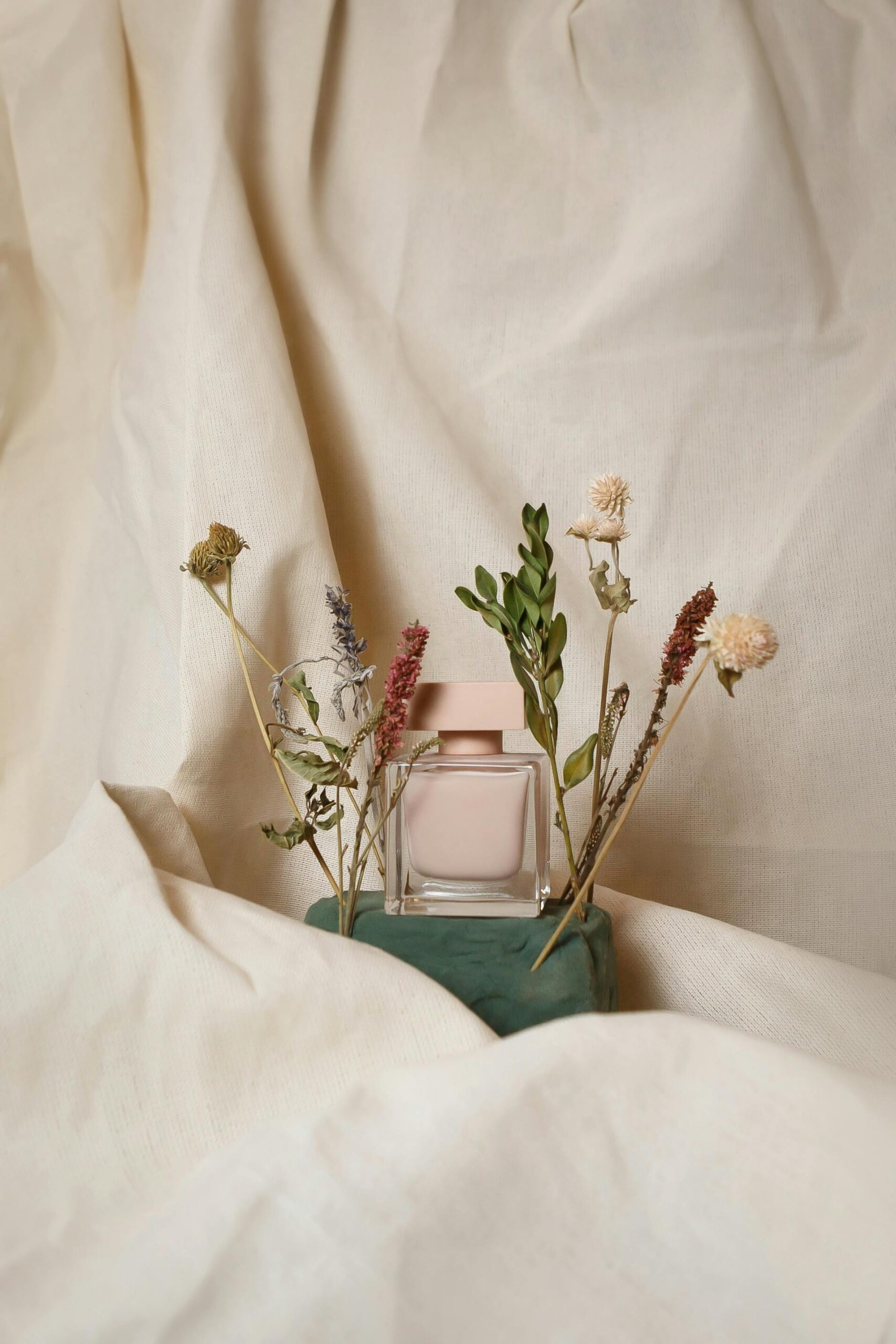
Leave a comment